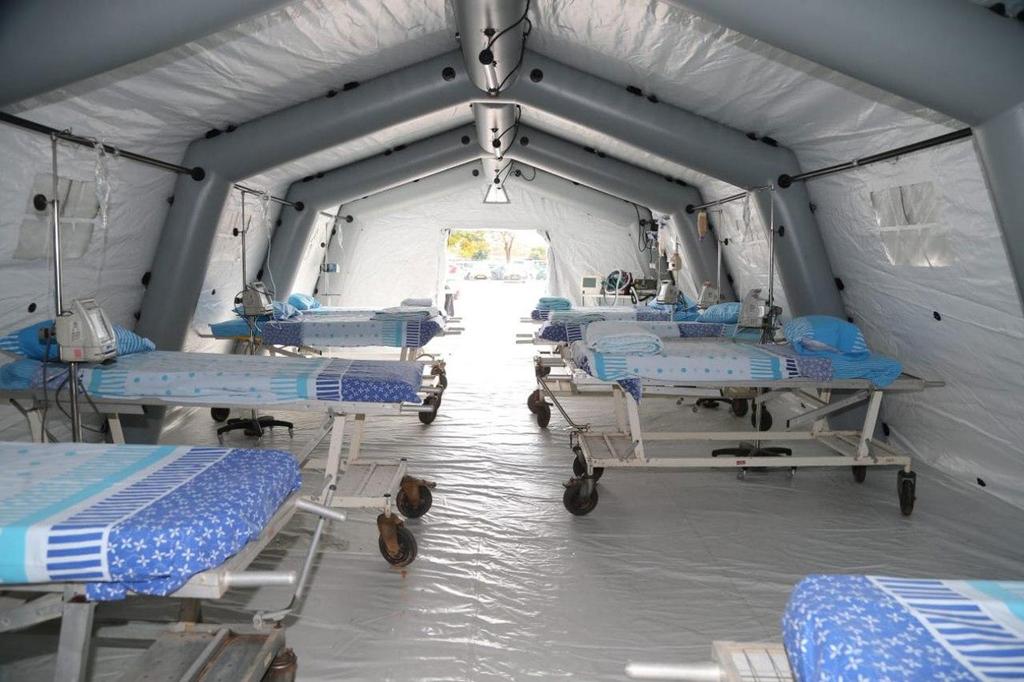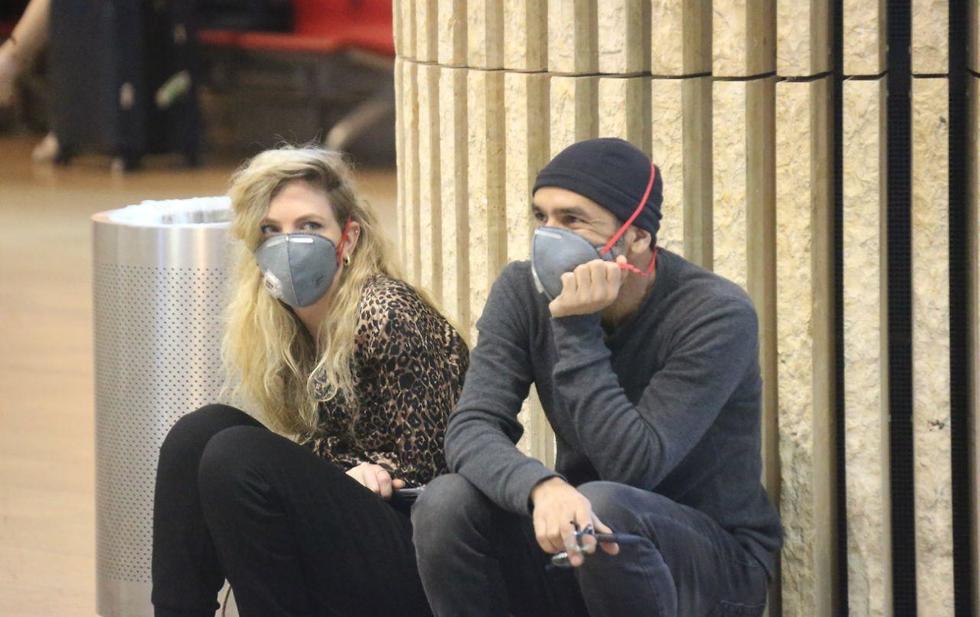Getting your Trinity Audio player ready...
Growing public awareness of the spread of the coronavirus and the obvious pressure to prevent it reaching Israel at any cost has since Monday placed those returning from countries where the virus has taken hold in a tough situation.
Anyone returning in the near future from high-risk locations - China, Singapore, Macau, Hong Kong and Thailand - will have plan carefully for after their arrival.
How they will leave the airport, banned as they are from public transport? Where they will complete their compulsory two-week quarantine? Who will bring them provisions? These are not questions that the Health Ministry can answer.
In fact there have been more and more unanswered questions in recent days: Under what conditions should returning travelers spend these two weeks? Are they allowed to come into contact with their families? What happens to family members already exposed to the new arrivals? Are they also forced into isolation?
The uncertainty surrounding all of these issues has led to extreme and unforgivable reactions, such as the removal from school of children whose parents have returned from one of these countries or being publicly denounced as dangerous, as happened to the young children of soccer player Eran Zahavi.
Instead of trying to calm the population and provide responsible and thoughtful explanations of the steps needed to prevent the spread of the disease, which would create the public commitment that is essential to fighting the virus, the Health Ministry itself has been in a state of hysteria.
This is why, for example, we were all informed on Monday night that there will be a hotline for concerned citizens to report any neighbors they believe are violating their terms of their quarantine. Furthermore, there will apparently be eight roving inspectors who will pay surprise visits to the hundreds of people in quarantine in an attempt to ensure that they really are in isolation.
These creative yet utterly unfeasible initiatives give rise to suspicions that there are people in power who are deliberately fanning the flames of panic.
For there is nothing like a good biological apocalypse to divert attention from a crippling political impasse endless or the criminal proceedings hanging over the heads of various senior members of the government.
And this situation could been amusing were it not for its severity. This aggressive virus has already spread to 28 countries apart from China.
3 View gallery


Health Minister Yaakov Litzman, left, discusses the coronavirus outbreak with members of the ministry
(Photo: Health Ministry)
Tens of thousands of people have been infected and nearly 2,000 have died. Senior doctors have been warning for weeks that Israel is simply not prepared for a scenario of mass infection.
With the absence of stringent isolation conditions, sufficient medical staff and even respirators needed to treat patients in critical condition, Israel's healthcare system may find itself in an unprecedented situation in which it must decide who gets helped and who is left to fight this virus alone.
The current pandemonium is just the first taste of what is likely to come. If this is the state of affairs before the virus even reaches Israel, it is terrifying to imagine what will happen once the first patient is diagnosed.



